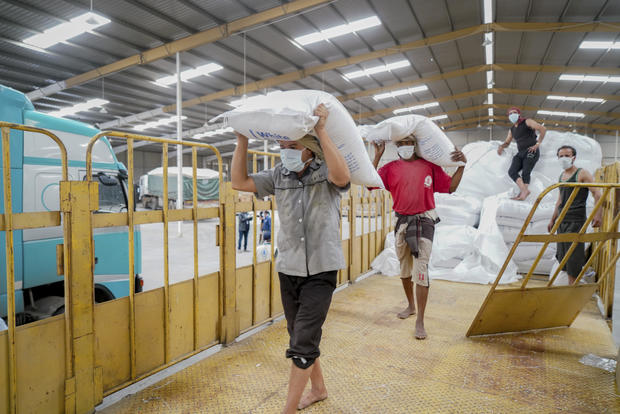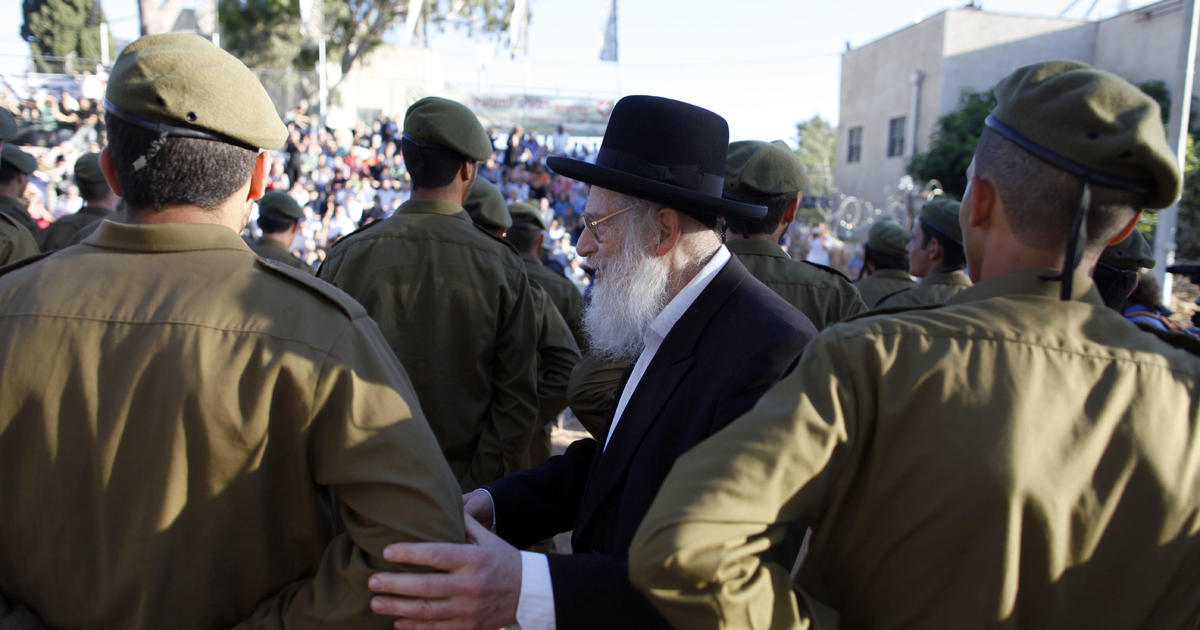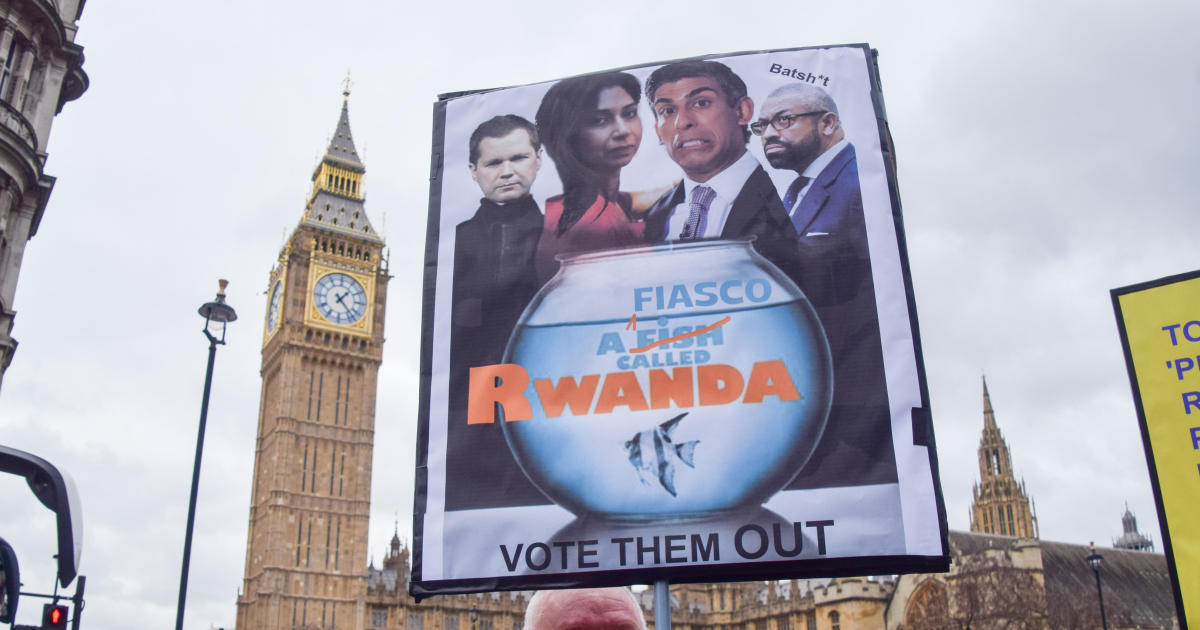Aid groups warn U.S. terror designation "a worst-case scenario" for Yemen
London — In the final days of the Trump administration, the U.S. State Department announced that it will designate an Iranian-backed group in Yemen a foreign terrorist organization. Ansar Allah — better known around the world simply as the Houthis, controls a vast swathe of war-torn Yemen, and the United Nations warns the terrorist label could worsen the conflict. Humanitarian groups that provide aid to around 80% of the country's population say it will have dire consequences for their operations.
For five years the Houthis have fought in a brutal civil war against Yemen's internationally recognized, Saudi Arabian-backed government. The Houthis control territory where about 80% of Yemenis live, including the country's capital Saana and the major port of al-Hudaydah.
"The designations are intended to hold Ansarallah accountable for its terrorist acts, including cross-border attacks threatening civilian populations, infrastructure, and commercial shipping," U.S. Secretary of State Mike Pompeo said in a Monday statement. He said the measures would take effect on January 19 — the day before President-Elect Joe Biden is sworn into office.
Pompeo acknowledged in the statement "concerns that these designations will have an impact on the humanitarian situation in Yemen," and said the U.S. would "put in place measures to reduce their impact on certain humanitarian activity and imports." He said the administration was also ready to work with the U.N. and aid groups "to address these implications."
"The designations are also intended to advance efforts to achieve a peaceful, sovereign, and united Yemen that is both free from Iranian interference and at peace with its neighbors," the statement continued.
United Nations spokesperson Stéphane Dujarric said, however, that the new designation could aggravate the conflict, while impeding vital humanitarian operations and deepening Yemen's economic collapse.
A worst-case scenario
"Yemen brings in almost all its food via commercial imports. We are concerned that the designation will negatively impact — including through possible 'over compliance' by commercial actors — imports of food and other essential commodities just as more Yemenis are starving," Dujarric said. "The humanitarian operation – the largest in the world — cannot replace the private sector or compensate for major drops in commercial imports of food and other essential goods."
"We are also concerned that the designations may have a detrimental impact on efforts to resume the political process in Yemen, as well as polarize even more the positions of the parties to the conflict," he added.
The U.N.'s World Food Programme, which provides more food aid than any other organization to Yemen, acknowledged the U.S. government's commitment to work with the U.N. on the delivery of humanitarian assistance, but said it hoped to get more clarity soon on what accommodations would be made.
"Right now, this looks like a worst-case scenario for Yemen," Annabel Symington, WFP spokesperson for Yemen, told CBS News. "Life has just gotten harder for millions, with over 24 million people in Yemen already in need of some form of humanitarian assistance."
"The humanitarian response does not operate in a vacuum. We work with banks, commercial traders and transporters, who in turn have links to global insurers and so on. We urge that the special measures mentioned by the U.S. government to maintain the flow of humanitarian aid to Yemen take this into consideration," she continued.
Other humanitarian groups that provide aid in Yemen took a harder line on the new designation.
"This is pure diplomatic vandalism," David Miliband, CEO of the International Rescue Committee, said in a statement. "After four years of a failed war strategy that has created the world's largest humanitarian catastrophe, the last thing the Yemeni people need is further interruption of aid and economic flows."
"The further immiseration of Yemenis, which will be the product of this policy, is a disgrace to the name of the U.S., and will have the perverse result of strengthening precisely the forces it claims to oppose," added Miliband, who previously served as the U.K. Foreign Secretary.
The move was also the cause of serious consternation for some U.S. lawmakers this week. One U.S. Congressional aide described a Monday conference call between State Department officials and congressional staffers on the pending designation of the Houthis — along with a State Sponsor of Terrorism re-designation for Cuba — as an acrimonious disaster.
The aide told CBS News that a representative for the U.S. federal government's own Agency for International Development (USAID) had said on the call that the designation would cost lives. The aide said there was no consultation with U.S. lawmakers on the major policy change, which they said showed a "completely disregard" for the catastrophic loss of life it would cause.
CBS News' Christina Ruffini at the State Department and Pamela Falk at the United Nations contributed to this report.




